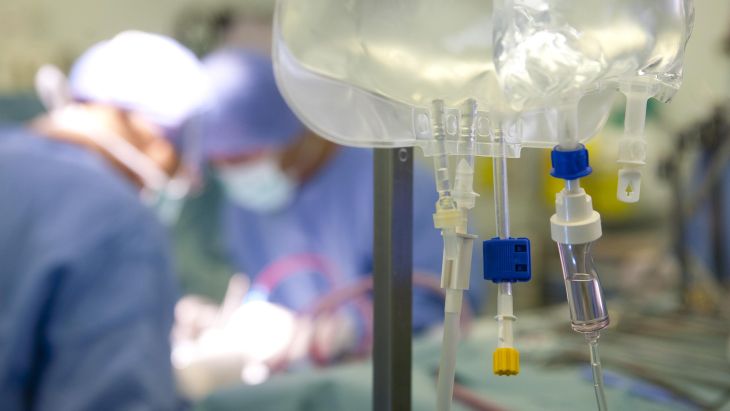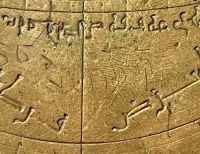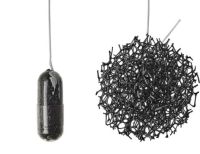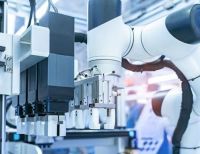“One of the biggest restrictions to who a donated kidney can be transplanted to is the fact that you have to be blood group compatible," said Nicholson, professor of transplant surgery.
"The reason for this is that you have antigens and markers on your cells that can be either A or B. Your body naturally produces antibodies against the ones you don't have.
"Blood group classification is also determined via ethnicity and ethnic minority groups are more likely to have the rarer B type. After successfully shifting blood group to the universal O type, we now need to look at whether our methods can be successful in a clinical setting and ultimately carried through to transplantation.”
Dr Aisling McMahon, executive director of research at Kidney Research UK said: “The research that Mike and Serena are undertaking is potentially game-changing. It is incredibly impressive to see the progress that the team has made in such a short space of time, and we are excited to see the next steps.
"As an organisation, we are committed to funding research that transforms treatments and tackles health inequalities. We know that people from minority ethnic groups can wait much longer for a transplant as they are less likely to be a blood-type match with the organs available. This research offers a glimmer of hope to over 1,000 people from minority ethnic groups who are waiting for a kidney,” McMahon said.
After testing the reintroduction of other blood types, the team in Cambridge will look at how the approach might be used in a clinical setting. Having made great progress in such a short space of time they are hopeful for the future.
The full paper on Mike and Serena’s work is set to be published in the British Journal of Surgery in the coming months.
Ayesha: "A transplant would give me a second chance at a healthy life"
Ayesha was diagnosed with stage three chronic kidney disease in 1998 when she was pregnant with her first child.
She didn’t think much of it while she enjoyed her time being a mother, but her kidneys deteriorated rapidly during the pandemic.
She was told that she would need a transplant, but she might have to wait double or even triple the time for a kidney than a Caucasian person. Consultants estimated that she might have to wait between six to ten years to receive one.
Ayesha said: “They explained that because of my ethnicity my wait for a deceased donor will be longer than for a white person. The reason being my background – being the Muslim community and other faiths and cultures often don’t agree to be organ donors.
"I feel sad at the thought of waiting so long for a transplant, I understand a transplant isn’t a cure, but it would make my body a lot stronger and give me a second chance at a healthy life.”
She has recently started volunteering for Kidney Research UK under the charity’s peer educator scheme, a programme that recruits trusted members of the community to talk openly about kidney disease.
“In the Muslim communities, kidney disease is common yet still a taboo subject at the same time," said Ayesha.
"People’s religious beliefs play an imperative role in making life-changing decisions. Even after the law change so everyone was automatically made an organ donor, many people decided to opt out.
"The research will offer so much hope to minority groups still waiting for a transplant and could help to save many lives. Convincing communities that research such as this and organ donation is beneficial is so crucial to improving and saving lives.
Ayesha continues to hope for a donor and hopes that through her education, more people will come forward and offer her, and others like her, the chance at a better life.







